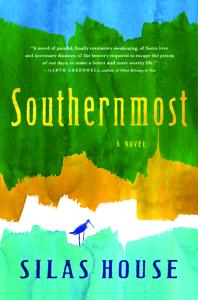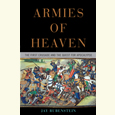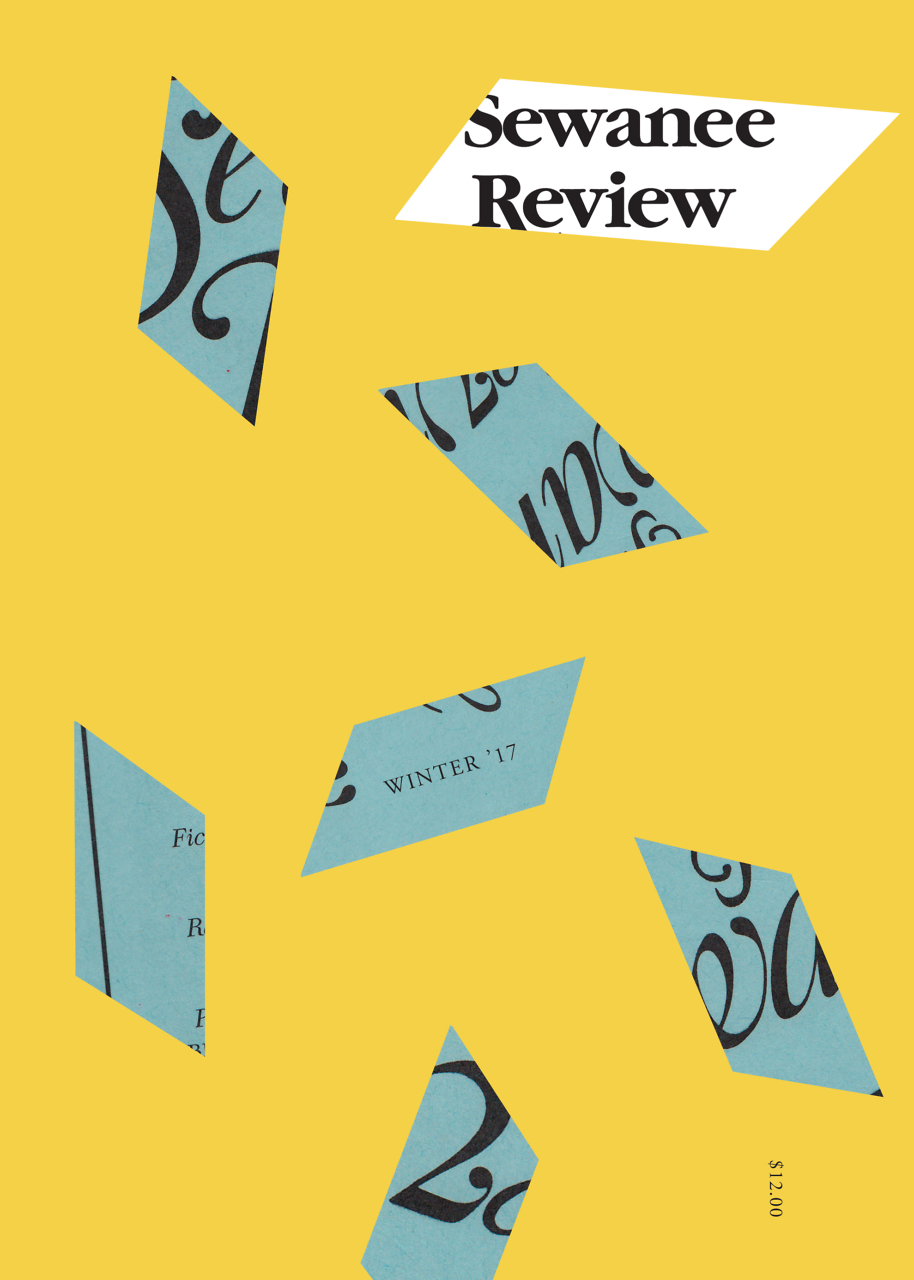Don’t Let This Turn You Mean
In Silas House’s Southernmost, a pastor grapples with the evolution of his beliefs
In the opening of Southernmost by former Harrogate novelist Silas House, evangelical pastor Asher Sharp has begun to strain under the cumulative weight of his own choices. His youthful stance against homosexuality led him to shun his brother, Luke, a decision that haunts him still. Now Asher’s evolving beliefs have estranged him from his congregation, including his own wife. As his life crashes around him, he pins all hopes on his young son, Justin.

Asher’s rupture with his own life in Cumberland Valley, Tennessee, arrives in the form of a devastating flood, which wreaks destruction on many lives in his rural community and creates an atmosphere of wrenching grief and fear. As Asher tends his reeling congregation, he encounters their prejudices and superstitions. Some of them blame the flood on the recent Supreme Court decision to legalize gay marriage.
For Asher, this scapegoat thinking hits close to the bone. Not only does he nurse deep regret over his rift with Luke, but the new presence of a gay couple in their community has become a flashpoint—first, in the tumult surrounding the flood and then in the pews of his church. One deacon, newly widowed and now homeless, fixates on these men, and Asher counsels him not to misdirect his grief: “Don’t let this turn you mean.”
His own struggle comes to a public crisis when the deacon rallies church leadership to oust Asher from his pastorate. Addressing his congregation one last time, Asher begs them to reject harsh, soul-warping judgment and cynicism. When a video of his emotional speech goes viral, Asher’s wife gains a decisive weapon in the custody battle over their sensitive son, Justin.
Gripped by trauma and fear, Asher makes a desperate decision to kidnap Justin and flee Cumberland Valley. There’s only one option left, he thinks: to hide Justin in far-away Key West, where he believes he may find his estranged brother.
Southernmost weaves a profound spell, exploring challenging spiritual terrain. We gain intimate access into the spiritual landscapes of doubt and hope that hound both father and son. House dives deeply, describing their inner worlds with deft, thoughtful imagery. For both characters, the subject of God wrangles day and night: astonishing in the realm of nature, troublemaking in the realm of human beings.
 Asher’s inability to pray in a conventional form plagues him. At one point his prayer narrows to “Thank you, thank you, thank you,” and his beliefs are changing fast: “There were different kinds of prayer and different kinds of belief and he might be able to figure all that out someday, but not yet.”
Asher’s inability to pray in a conventional form plagues him. At one point his prayer narrows to “Thank you, thank you, thank you,” and his beliefs are changing fast: “There were different kinds of prayer and different kinds of belief and he might be able to figure all that out someday, but not yet.”
Asher arrives in Key West at the novel’s halfway point. Here, Southernmost shifts permanently from past to present tense, a move that might seem like aesthetic trickery, like a pop song’s gimmicky key change, but House manages the shift seamlessly, and to striking effect. Asher’s fugitive life may be hurtling toward inevitable consequences, but the novel also embodies another trajectory: the deep awakening that opens up his soul. “That was the way back to believing: being conscious, seeing the God in everything, and not just the Bible or the Church,” he comes to understand. “That was the way back.”
Unbeknown to Asher, his son is meanwhile forming his own spiritual vision. Justin perceives God in all aspects of the world, a private belief he calls “the Everything.” He feels the Everything in every creature and every landscape, giving him relief from anxiety about his family’s turmoil. Justin’s poignant chapters inject the novel with hope and tenderness.
Southernmost offers no easy conclusions about forgiveness, religion, or moral courage. Rather, this novel weighs the high costs of confronting the way our beliefs evolve in response to our lives, as well as the costs of denying that evolution. But House also succeeds in telling a satisfying story-one that resonates beyond the issues of the day, toward something deeper and larger.

Emily Choate holds an M.F.A. from Sarah Lawrence College. Her fiction has been published in Shenandoah, The Florida Review, Tupelo Quarterly, and The Double Dealer, and her nonfiction has appeared in Yemassee, Late Night Library, and elsewhere. She lives in Nashv


